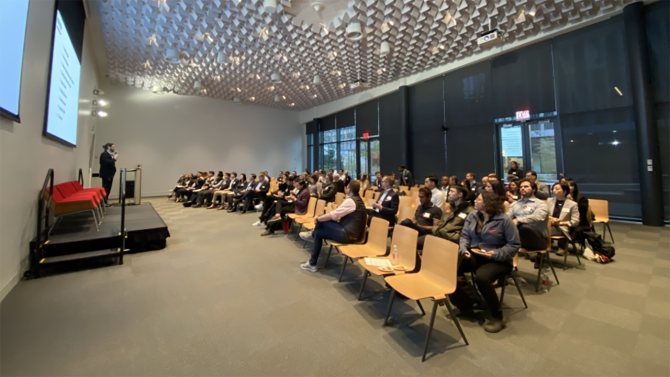- Fish hotels designed to provide habitat and protection for native aquatic species
- Collaborative project to support river rehabilitation of the lower Harvey River
- Creating Climate Resilient Rivers program supported by $1.5 million in State Government funding
The State Government has commenced a four-year program focused on enhancing the resilience of rivers across Southwest Western Australia to address the impacts of climate change.
The new $1.5 million program, Creating Climate Resilient Rivers, is funded under the Climate Adaptation Strategy and will be led by Department of Water and Environmental Regulation (DWER).
Since the 1970s, rivers across Southwest WA have shown declines in streamflow of up to 80%. In the last two years, rainfall and water levels have been the lowest on record, falling to critical levels in several areas in this important region.
Creating Climate Resilient Rivers will identify priority locations for protection and enhancement, as well as undertaking a range of on-ground projects to help improve river health and climate resilience.
This includes supporting an innovative new project to breathe life into the Harvey River.
Nine ‘fish hotels’ will form prime real estate through a 500-metre section of the river near Riverdale Road – an area that was historically de-snagged to increase drainage.
The fish hotels, looking like small wooden pyramids, will sit on the riverbed and serve as a perfect location to attract and retain aquatic wildlife.
Species that will benefit include freshwater catfish, nightfish, pygmy perch, western minnow and blue spot goby, as well as crustaceans such as marron, shrimp and gilgie. The new fish hotels will also boost habitat for turtles, rakali (water rats) and water birds. The new structures emulate what naturally occurs in rivers and streams when trees fall into the waterways.
The purpose built ‘hotels’ have been constructed by Waroona Men’s Shed and students from the Western Australian College of Agriculture in Harvey using locally sourced timber. They follow an environmentally friendly design made from natural materials and will provide habitat without increasing the risk of erosion or flooding.
Jarrah is used to assemble the main structure, while smaller logs and twigs from native species such as paperbark, tea trees and flooded gum are added for more complex habitat to accommodate juveniles and smaller species.
The hotels provide a practical and immediate solution for enhancing aquatic habitat which will be further bolstered by revegetation of riverbanks in the long term.
The Creating Climate Resilient Rivers will be undertaking a range of projects in coming years focused on building climate resilience of rivers. These will include creating new climate refuges, enhancing instream habitat and revegetation of banks and restoring fish passage through several dams and weirs.
A significant part of the work under the Creating Climate Resilient Rivers program will include mapping biodiversity and habitat values across WA’s important Southwest rivers and identifying areas of permanent water with intact streamside vegetation that support aquatic and terrestrial species during the dry season.
As stated by Water Minister Simone McGurk:
“Creating Climate Resilient Rivers is a significant project for the State Government in building the resilience of our rivers and responding to the increasing pressures of drying climate.
“The work in the Harvey River to restore fish habitat and build resilience to drying climate is expected to have significant long-term benefits.
“These ‘fish hotels’ will provide refuge for native species through long and extreme dry seasons, and I’m hopeful that we’ll get some five star guest reviews!”
As stated by Climate Action Minister Reece Whitby:
“The Cook Government is serious about tackling climate change.
“Supporting and creating climate-resilient rivers is one of the ways in which our Government can do that, with these ‘fish hotels’ an innovative way of promoting river health and building climate resilience.”
As stated by Member for Murray-Wellington Robyn Clarke:
“These ‘fish hotels’ will help us to improve the health of the Harvey River by providing a habitat for native aquatic species.
“The structures have been constructed from natural materials by students from the WA College of Agriculture in Harvey and Waroona Men’s Shed, and I thank them for their important work.”








